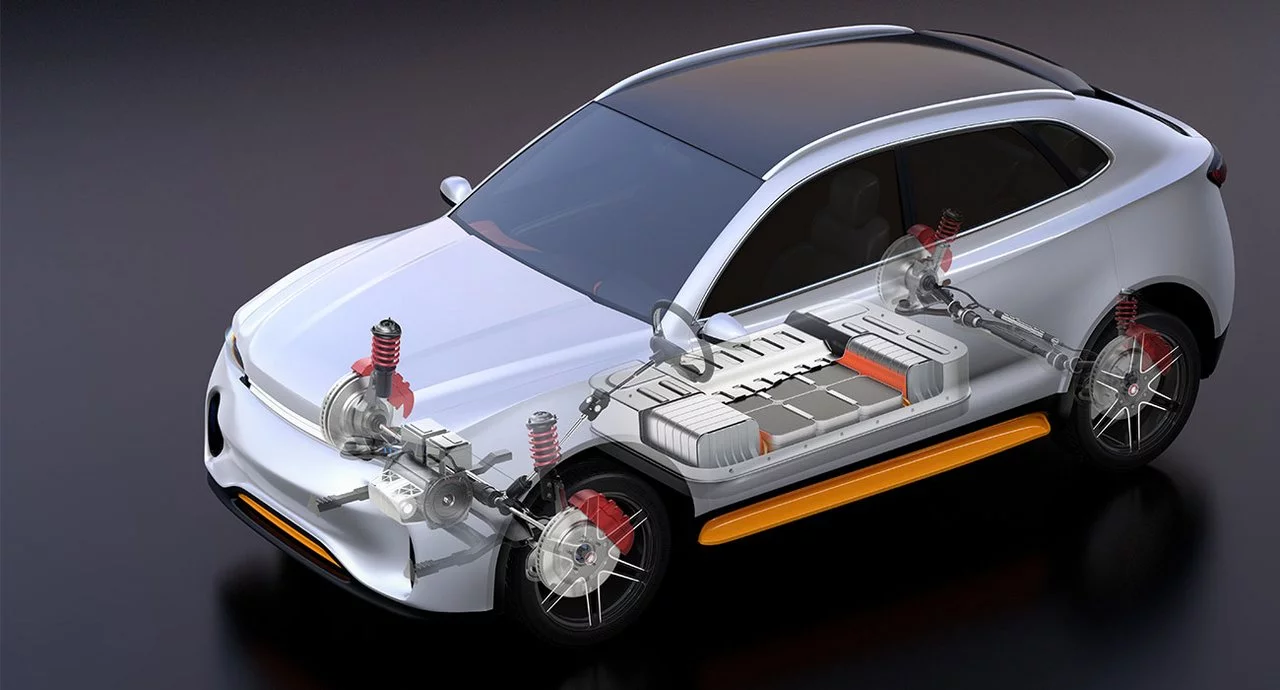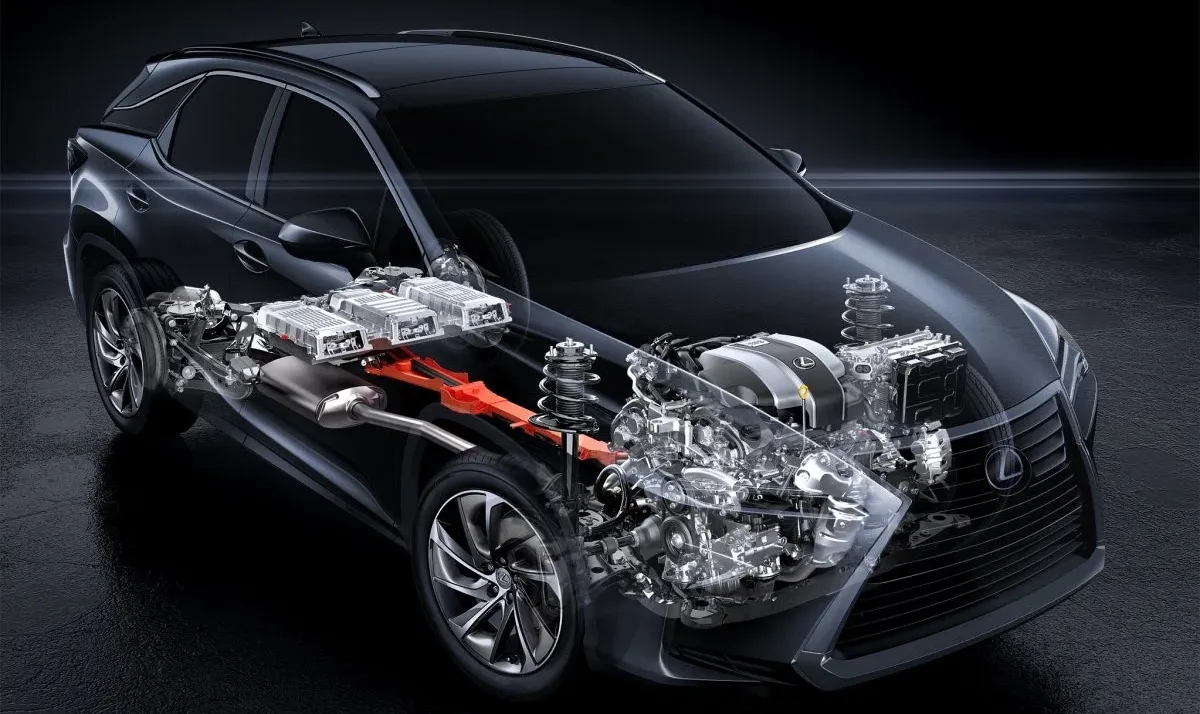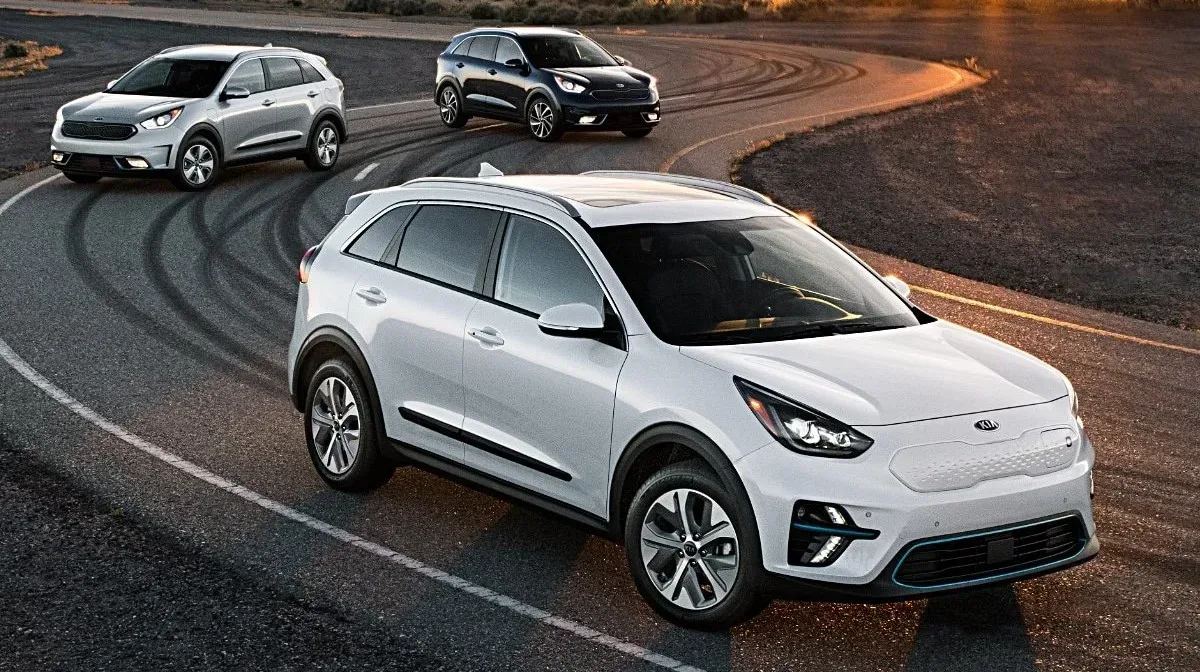In today’s world, as environmental concerns become more pressing, the choice between electric vehicles and hybrid vehicles becomes increasingly important. They represent two innovative approaches to reducing environmental impact and saving fuel. Each has its own advantages and disadvantages, and deciding whether a hybrid or an electric car is better depends on a number of factors. Let’s take a closer look at them.
“It is important to remember that hybrid and electric vehicles contribute to the future of the automotive industry and the environment.” – Octa Energy
Features of electric vehicles
An electric car is a vehicle that runs entirely or partially on electricity stored in batteries. Unlike traditional cars, they use electric motors to drive the wheels and provide propulsion. They produce no harmful gas emissions and have lower operating costs, since the cost of charging an electric vehicle is lower than refueling a car with traditional fuel. However, they also have limited range and require charging infrastructure.
Advantages:
- Environmentally friendly: Electric cars run on electricity, so they do not emit harmful emissions or pollute the atmosphere, which makes them more environmentally friendly.
- Save on Fuel: Charging is cheaper than filling up with petrol or diesel, making it economically beneficial, especially in the long run.
- Technical reliability: Electric vehicles have fewer moving parts, which reduces the likelihood of breakdowns and increases reliability.
- Quiet operation: Electric motors operate silently, making the ride more comfortable and relaxing.
Flaws:
- Limited driving range: Most electric vehicles have a limited range on a single charge, making them difficult to use for long trips.
- Long charging time: Charging an electric vehicle takes much longer than refueling a hybrid or conventional car.
- Charging infrastructure: In some regions, this aspect is still underdeveloped, which can create inconvenience when traveling.
- High cost: Electric vehicles generally have a higher price tag than similarly sized and classed internal combustion engine vehicles.
Features of hybrid cars
A hybrid car is a vehicle equipped with both an internal combustion engine and an electric motor that work together or alternately to provide propulsion. Hybrids can use the energy produced by the internal combustion engine, as well as energy that is typically lost during braking, to charge the batteries and support the electrical subsystem. This technology helps reduce fuel consumption and emissions, especially in urban environments where frequent braking can make the most of charging the batteries.
Advantages:
- Longer Range: Hybrid cars can use either a gasoline (or diesel) engine or an electric motor, allowing them to have a longer range than electric vehicles.
- Fuel economy: Thanks to the ability to use an electric motor, hybrids consume less fuel and, therefore, save money on its purchase.
- More developed infrastructure: Hybrid cars can be refueled at regular stations, making them more convenient for use in regions with insufficient infrastructure for electric vehicles.
- Faster refueling: Refilling the tank is faster than charging an electric car, making them suitable for long trips.
Flaws:
- Fuel Dependent: Hybrid cars are still dependent on fuel usage, so are more expensive to operate and are not completely environmentally friendly.
- Complex design: Using two types of engines makes hybrid vehicles more technically complex, which can lead to higher maintenance and repair costs.
- Limited electrical power: Electric motors typically have little power, which can affect overall performance and speed.
- Small model range: There are fewer hybrid models on the market compared to traditional cars or electric cars.
Which option should I choose?
This depends on your personal needs, driving style, environmental preferences and financial capabilities. Here are some points to help you decide.
An electric car is suitable if:
- You mostly drive short distances. Electric vehicles generally have a range of 150 to 500 km on a single charge, making them ideal for urban use.
- You have access to a charging station at home or at work. This will ensure easy charging and ready to use at any time.
- You are committed to minimizing your environmental impact. Electric cars have no emissions while driving, making them more environmentally friendly.
A hybrid car is suitable if:
- You often drive long distances or on routes where there are no charging stations. Hybrids can switch to the gasoline engine when battery power is depleted.
- You want to save on fuel, but are not ready to switch completely to electricity. Hybrids typically have higher fuel efficiency than traditional cars.
- You need a car with more power. Some hybrids use an electric motor to increase overall power, which can be useful when overtaking or driving in hilly areas.
The answer to the question of whether to choose a hybrid or an electric car depends on individual preferences, budget and vehicle needs. Both options offer fuel efficiency and environmental benefits over traditional cars, making them a good choice for you.
“Hybrid or electric vehicles is not just a choice of car, it’s a choice of lifestyle and attitude towards the environment.” – Octa Energy




